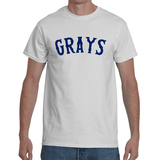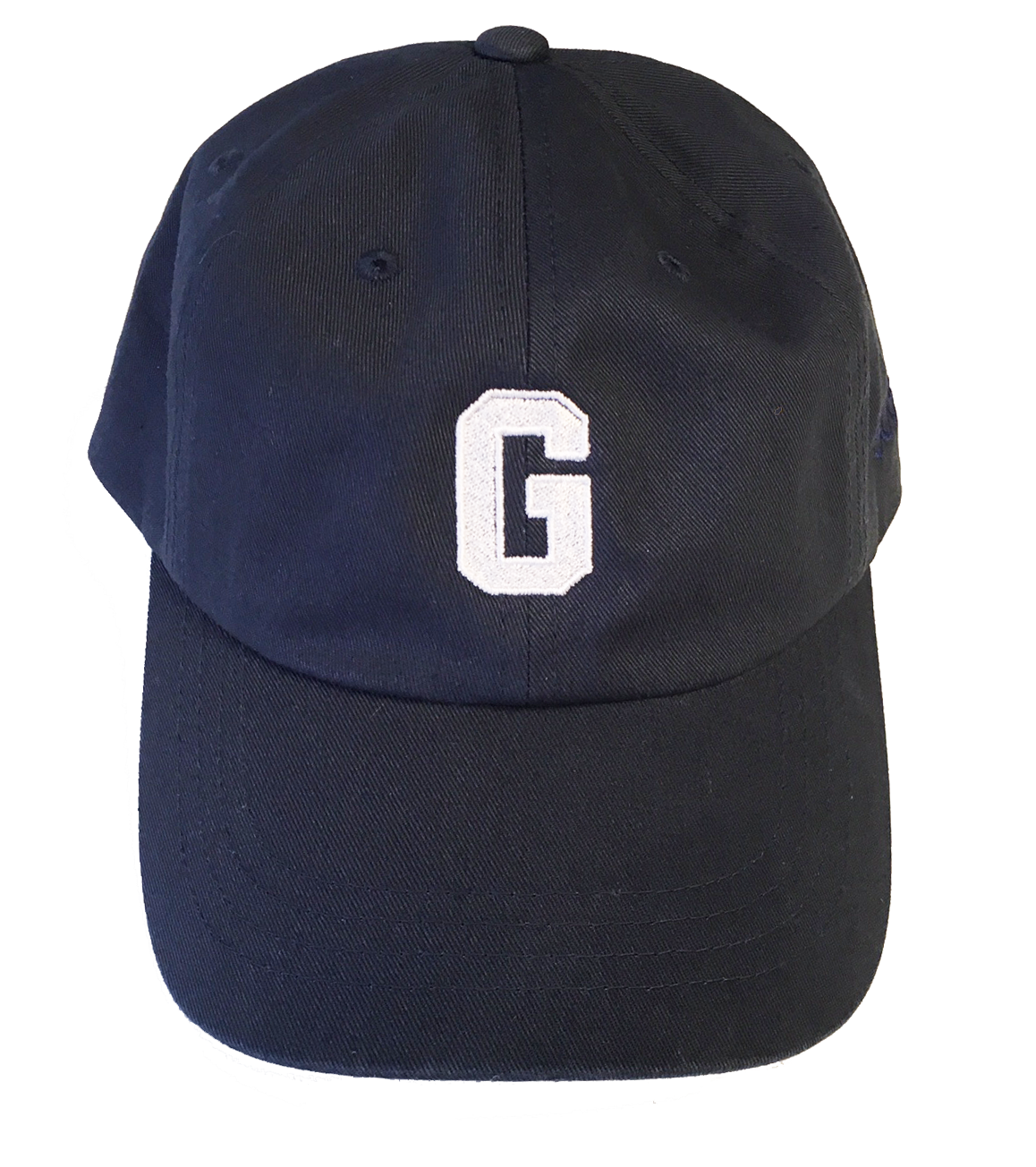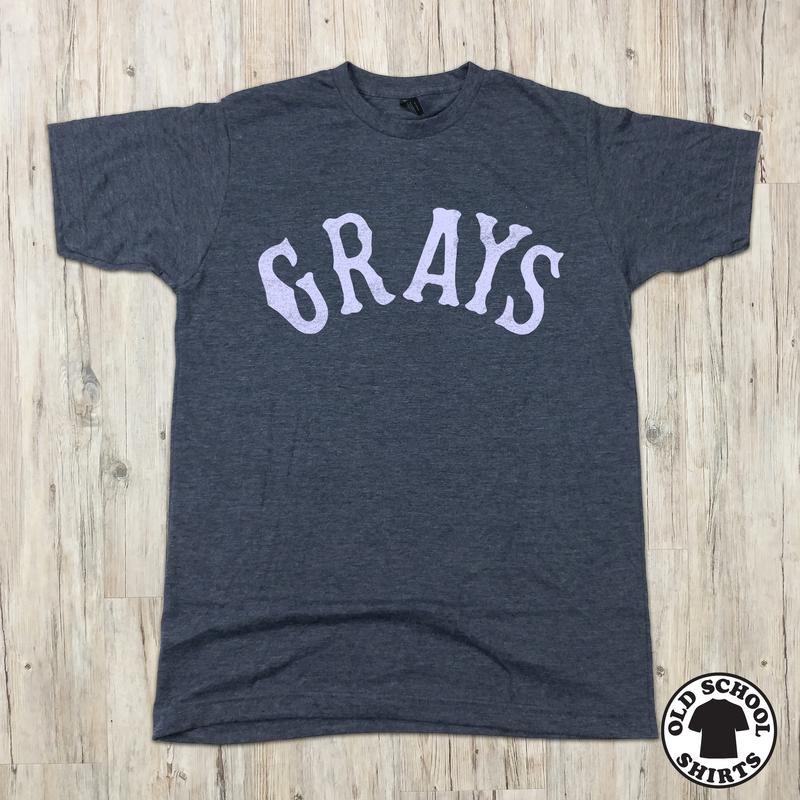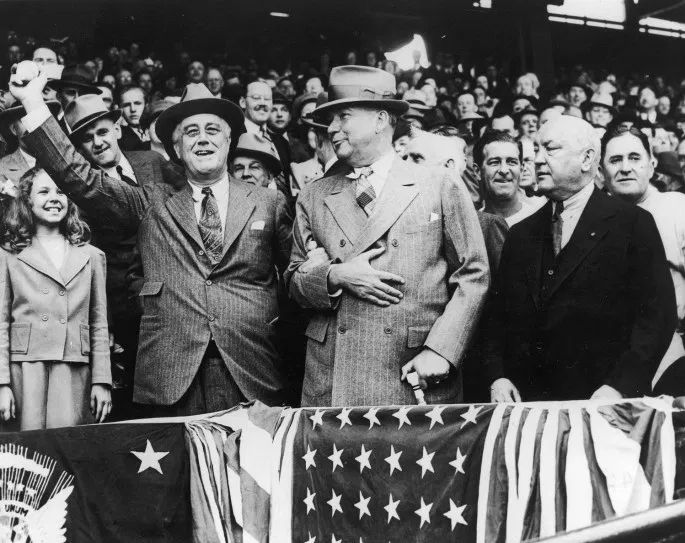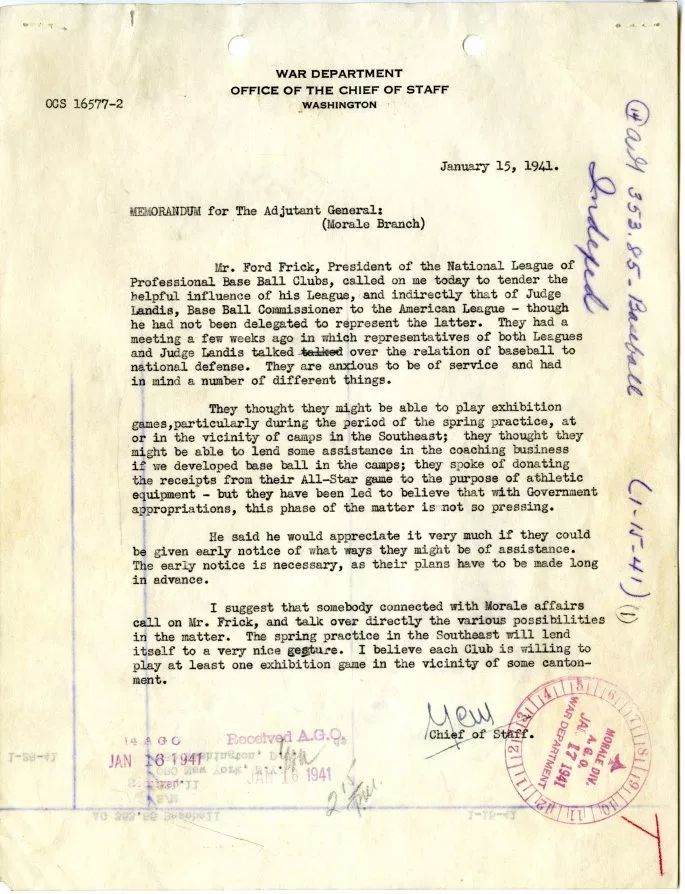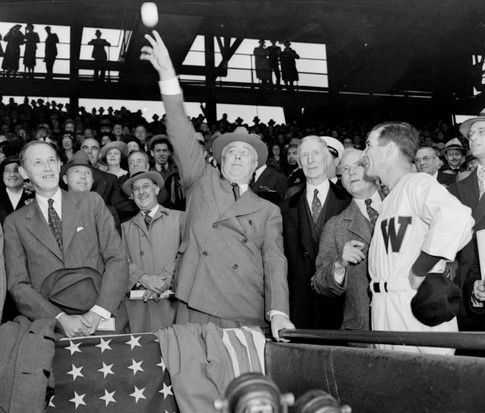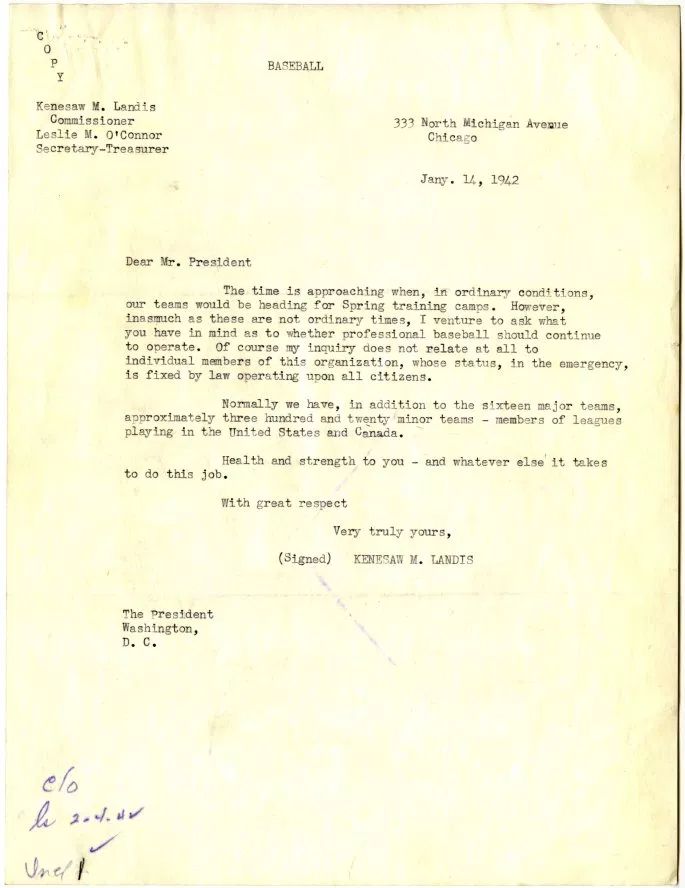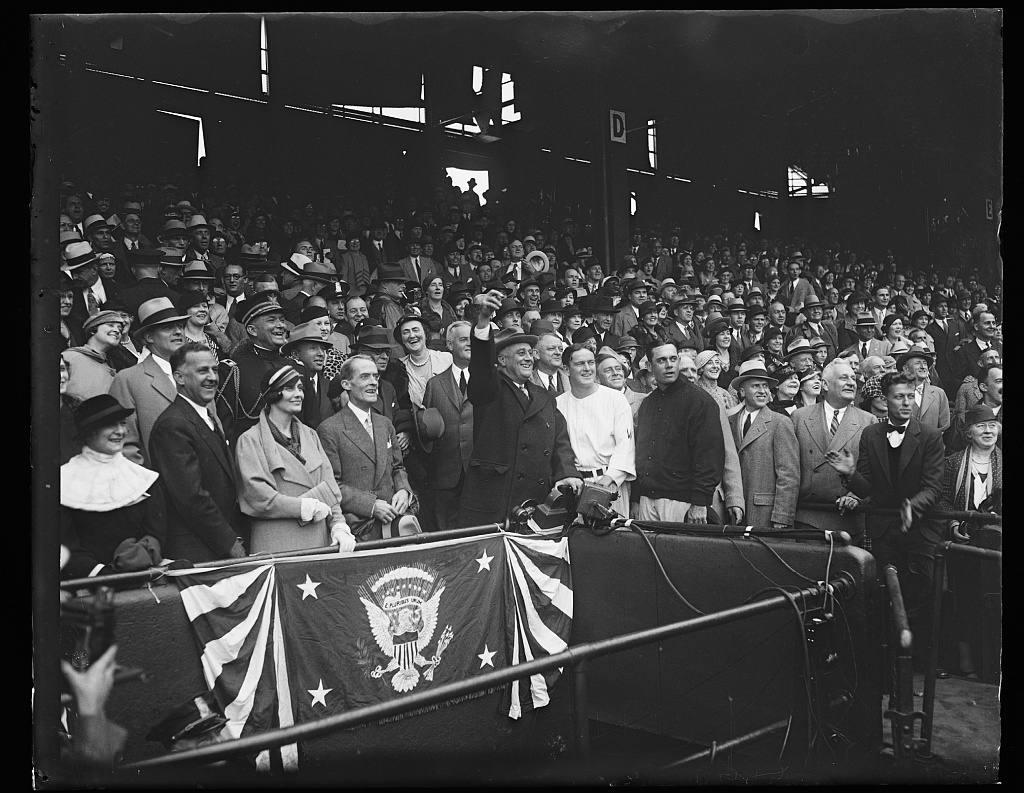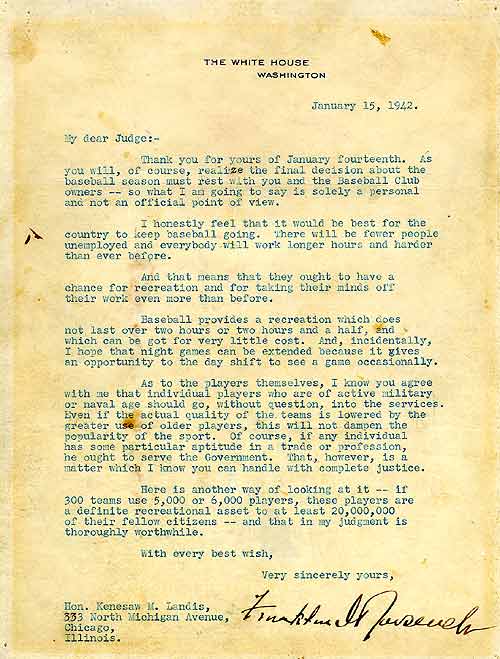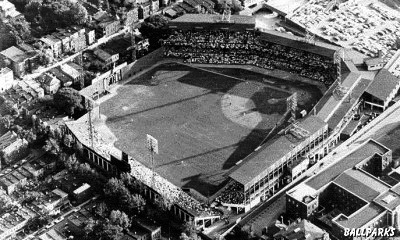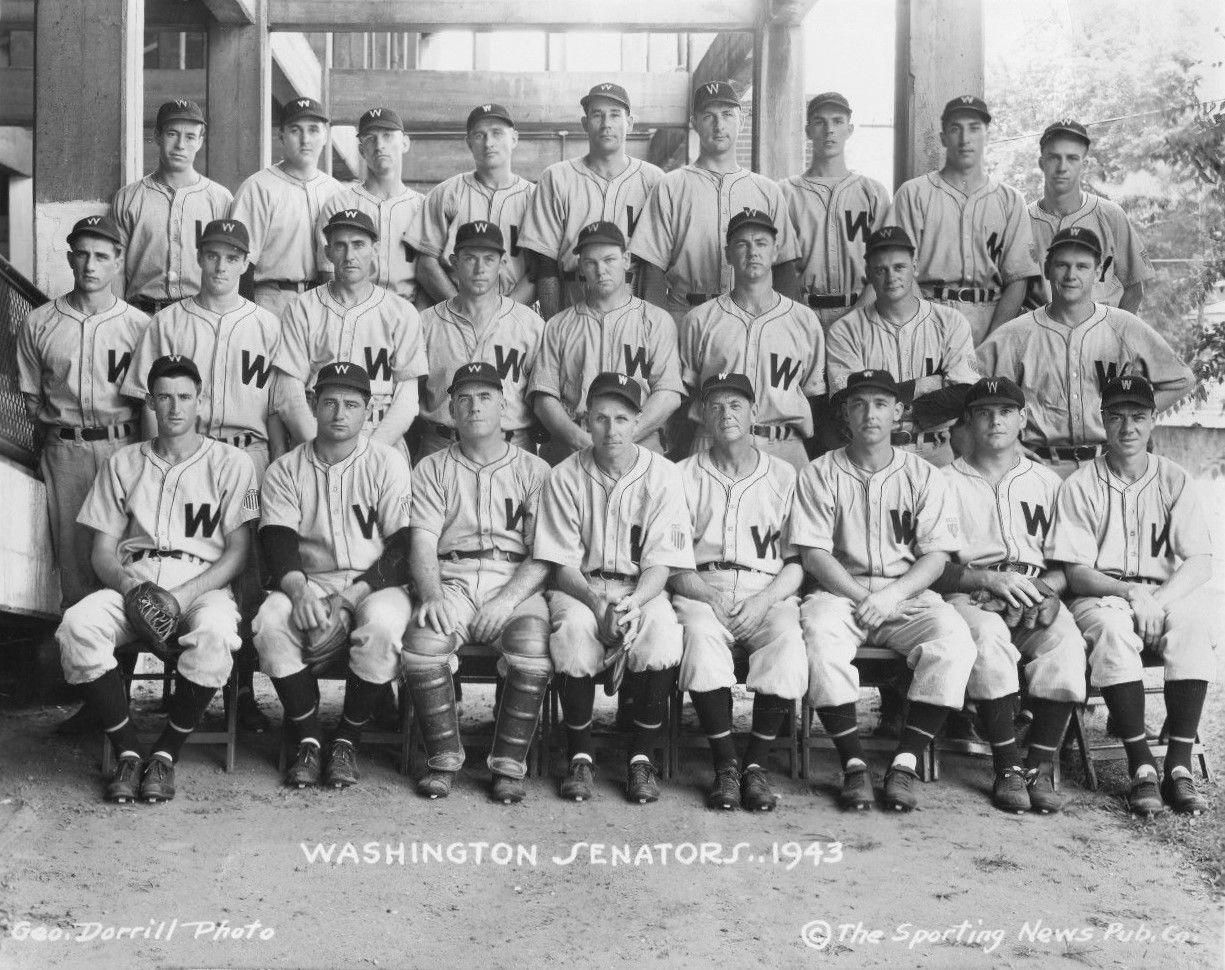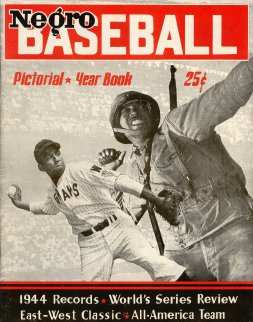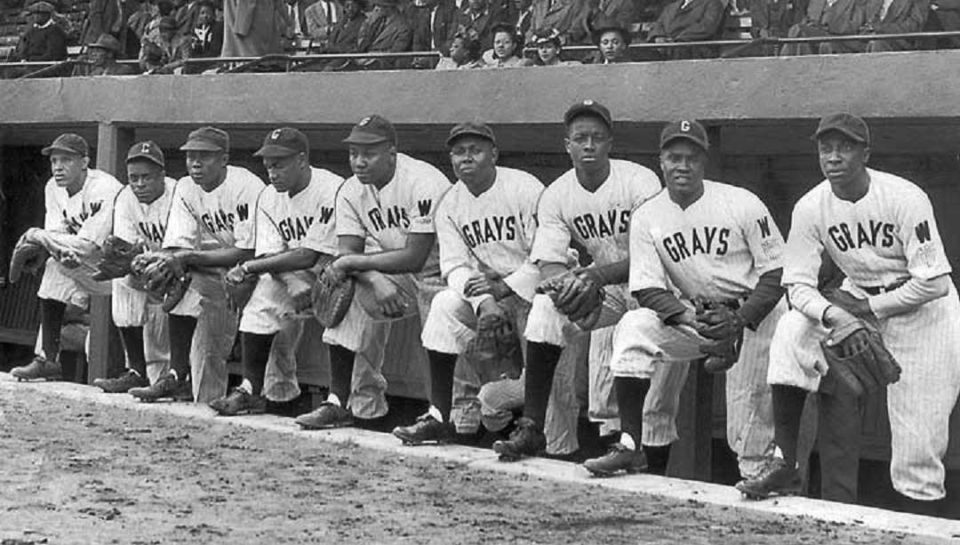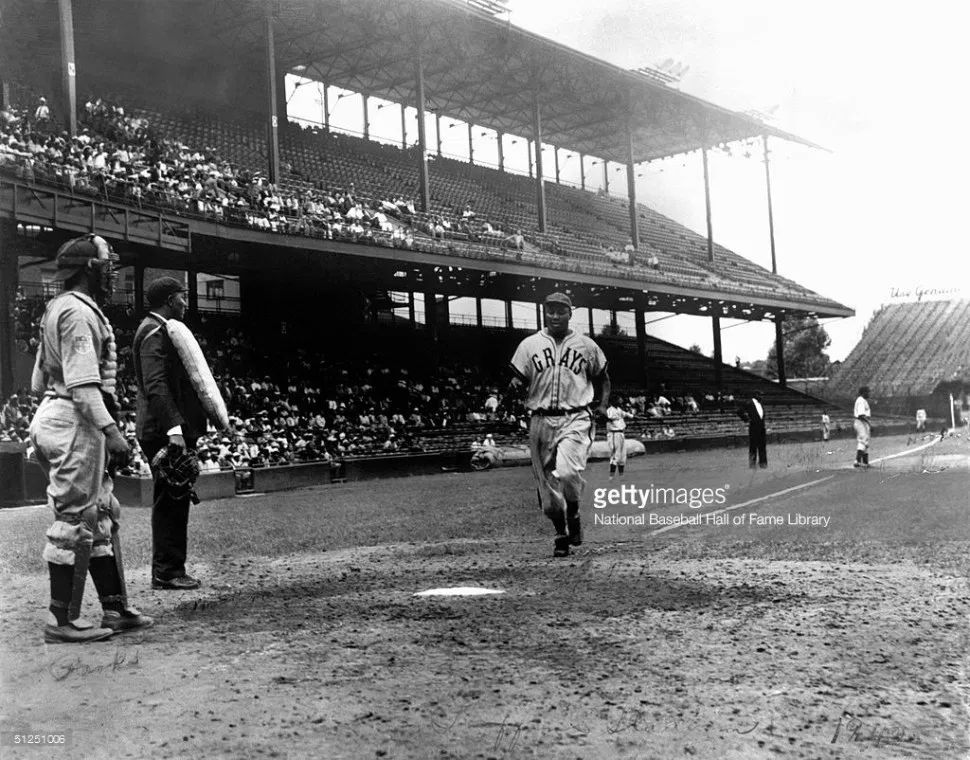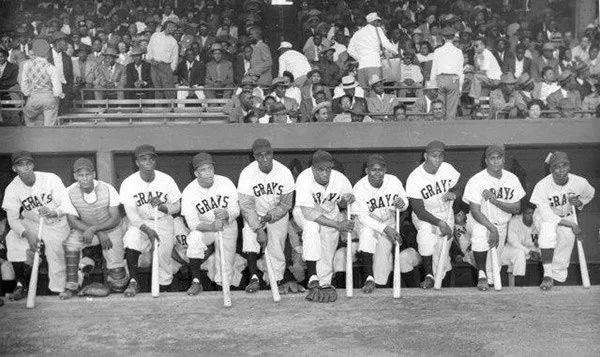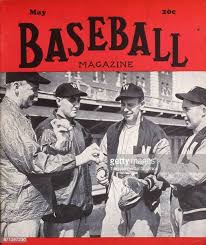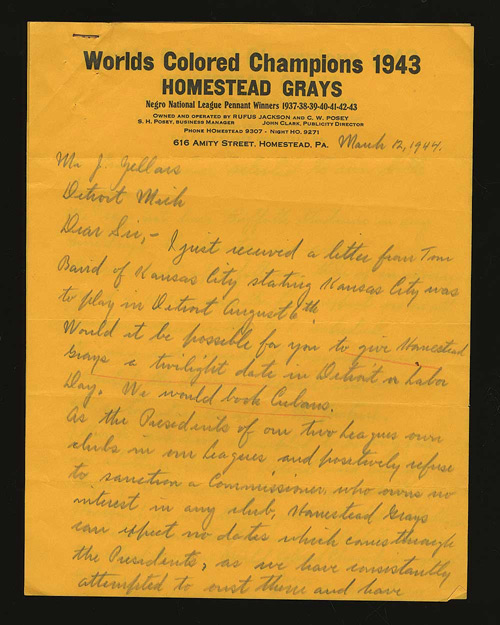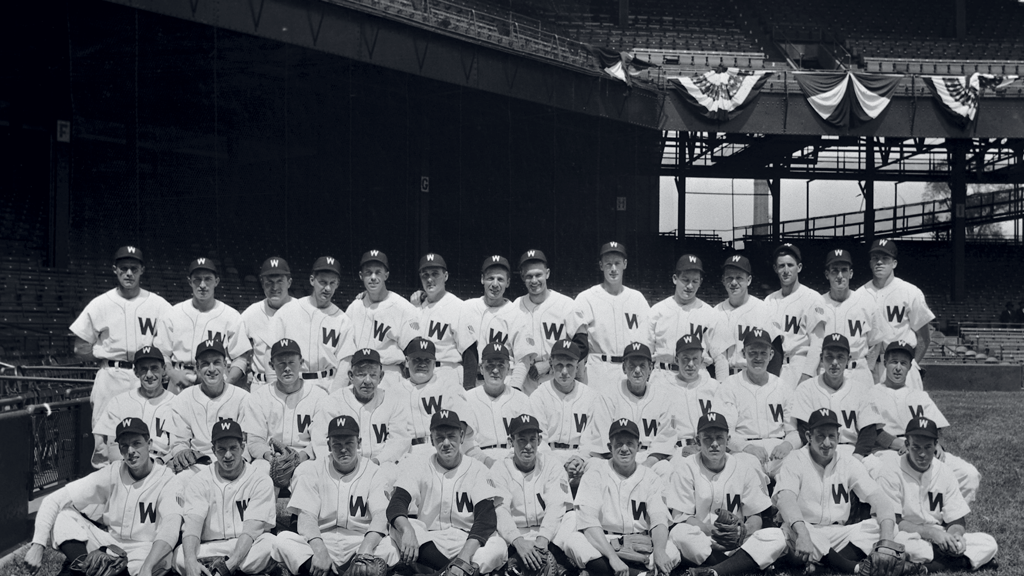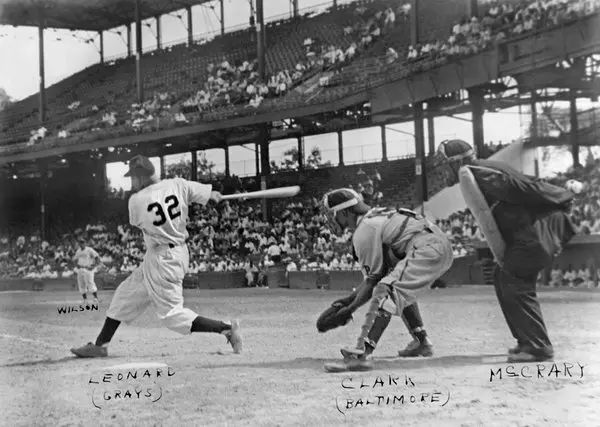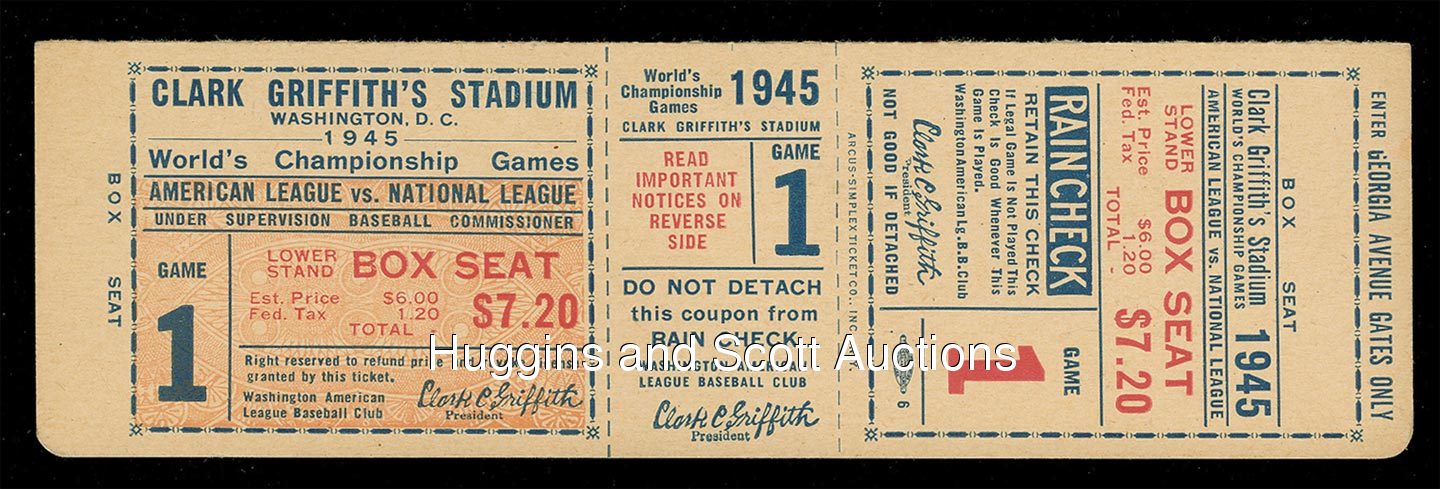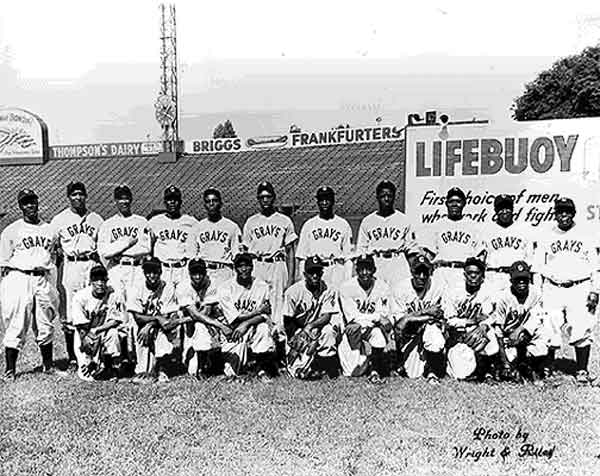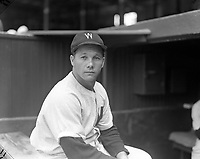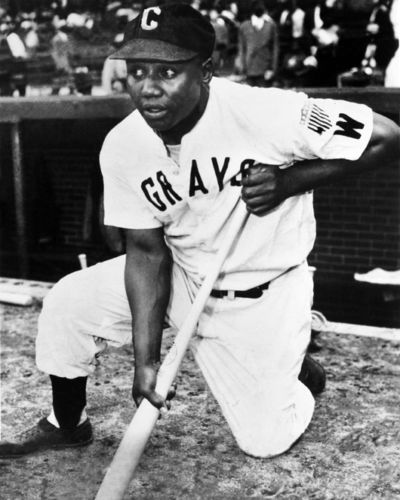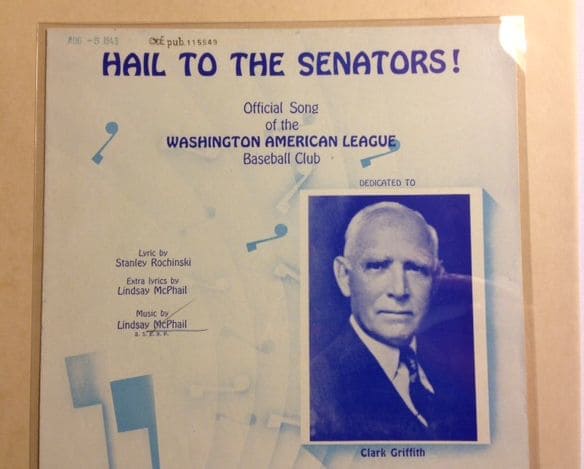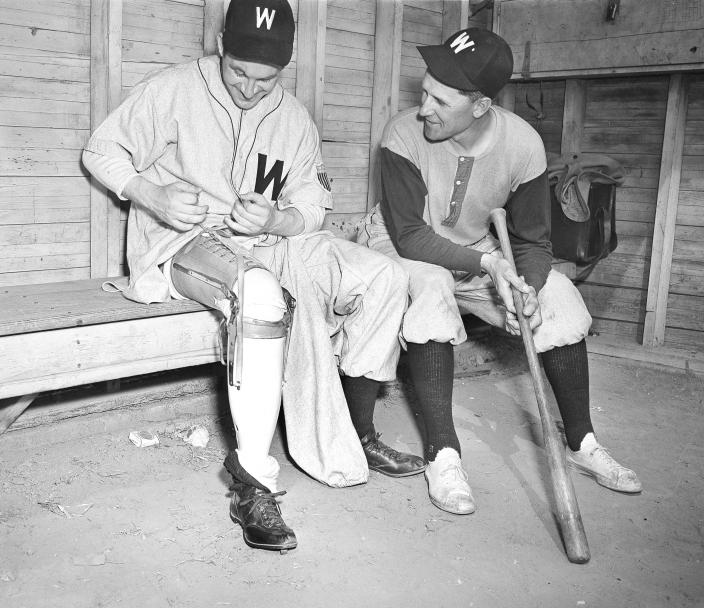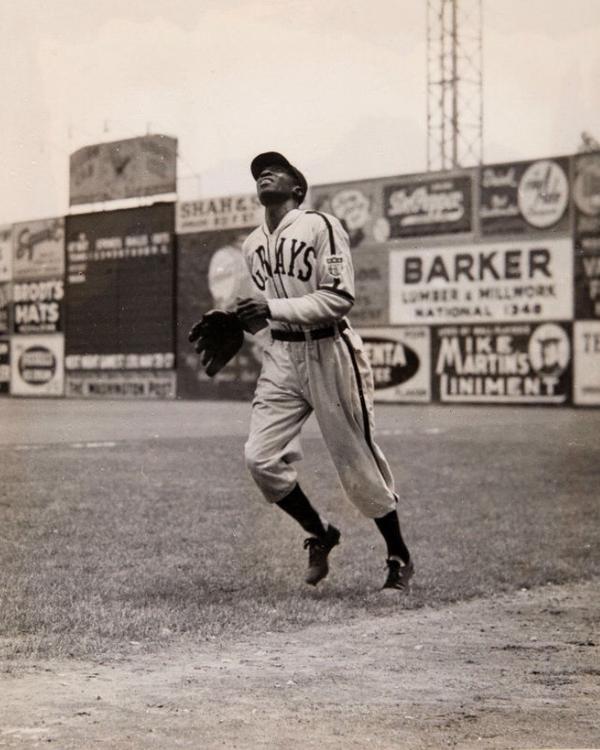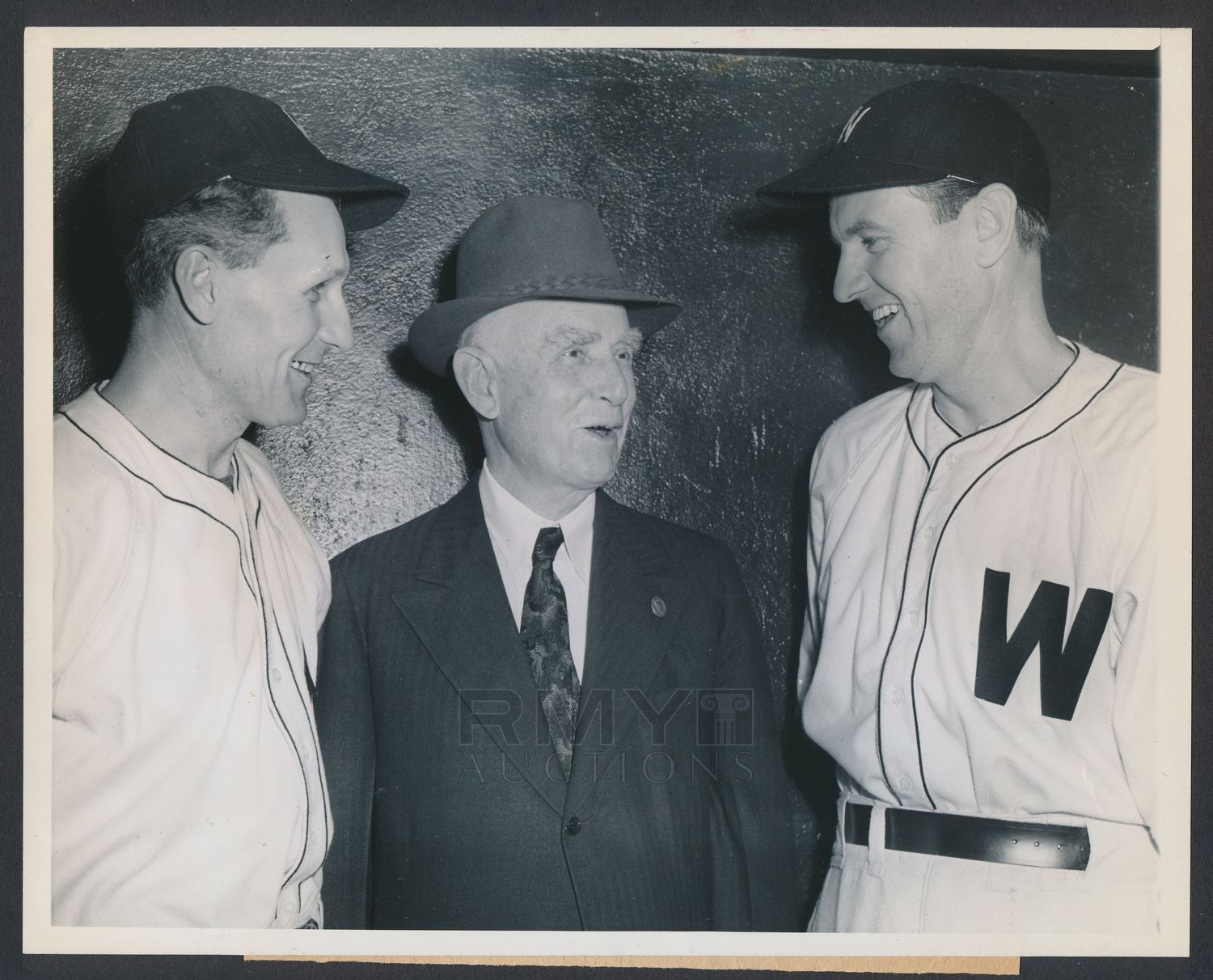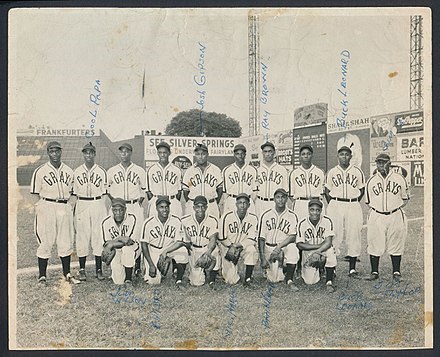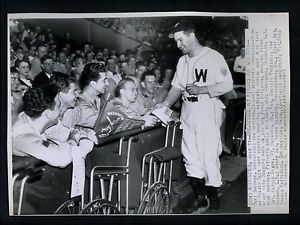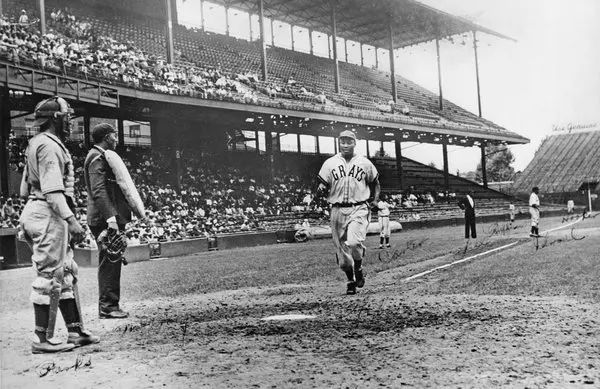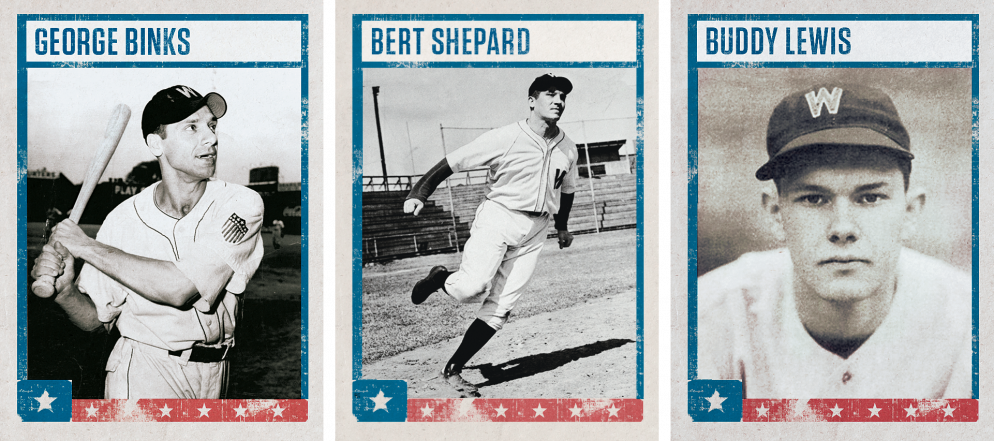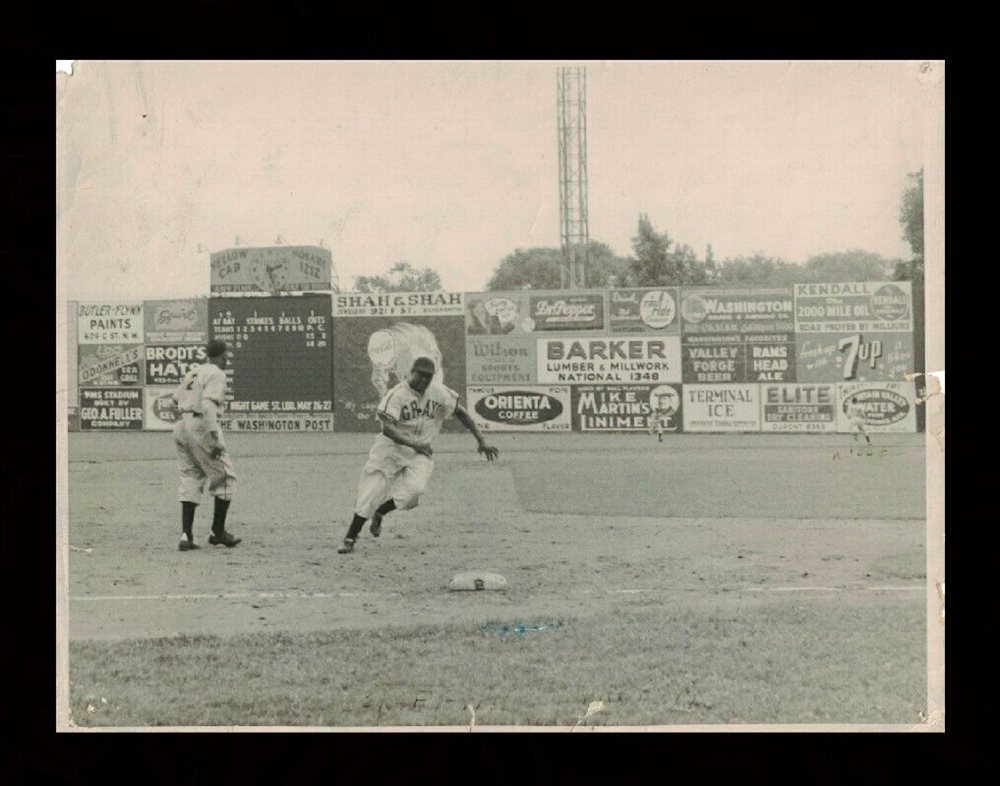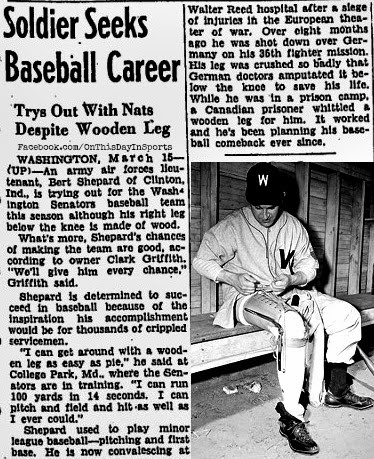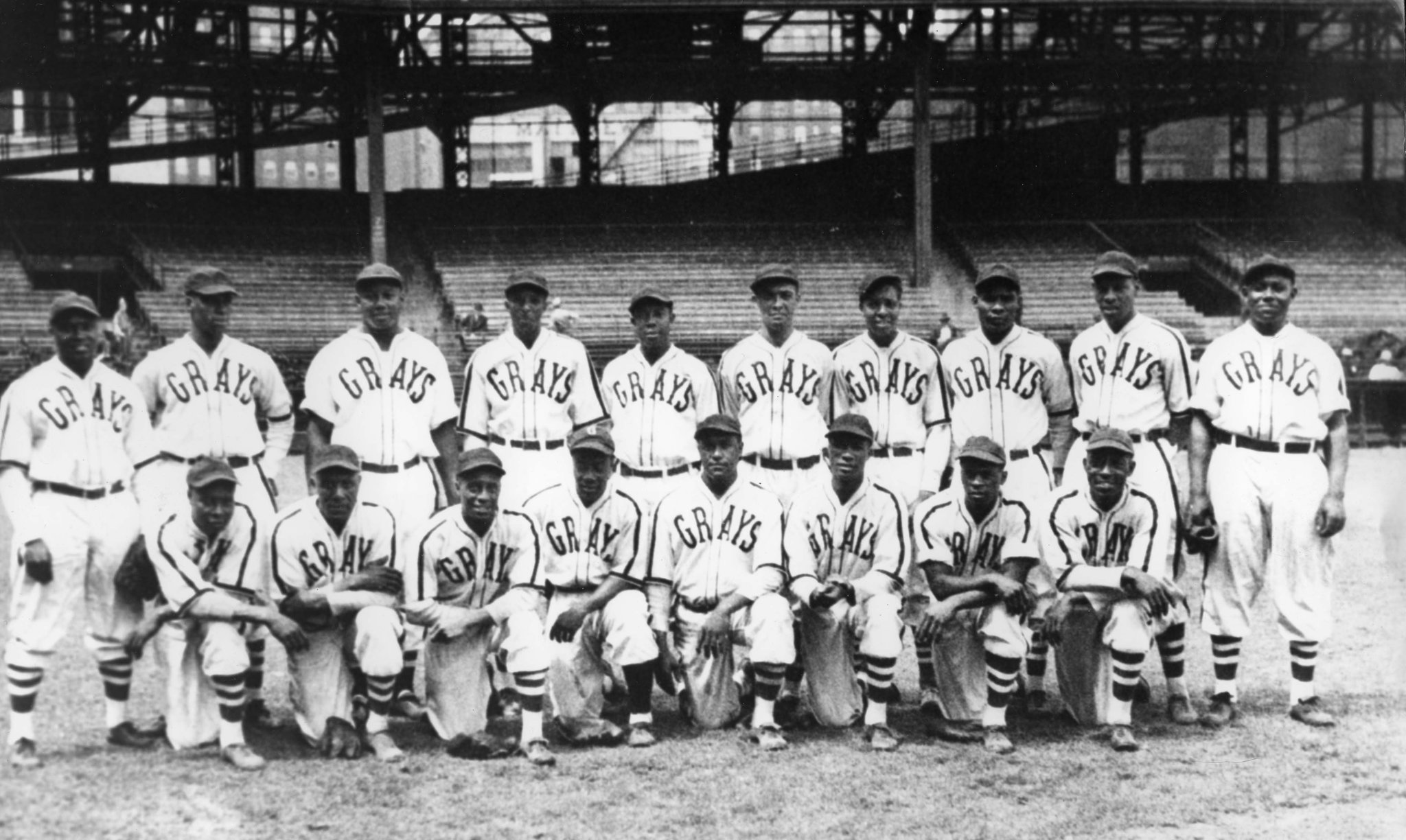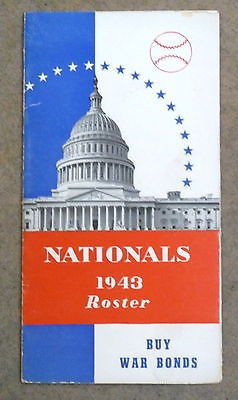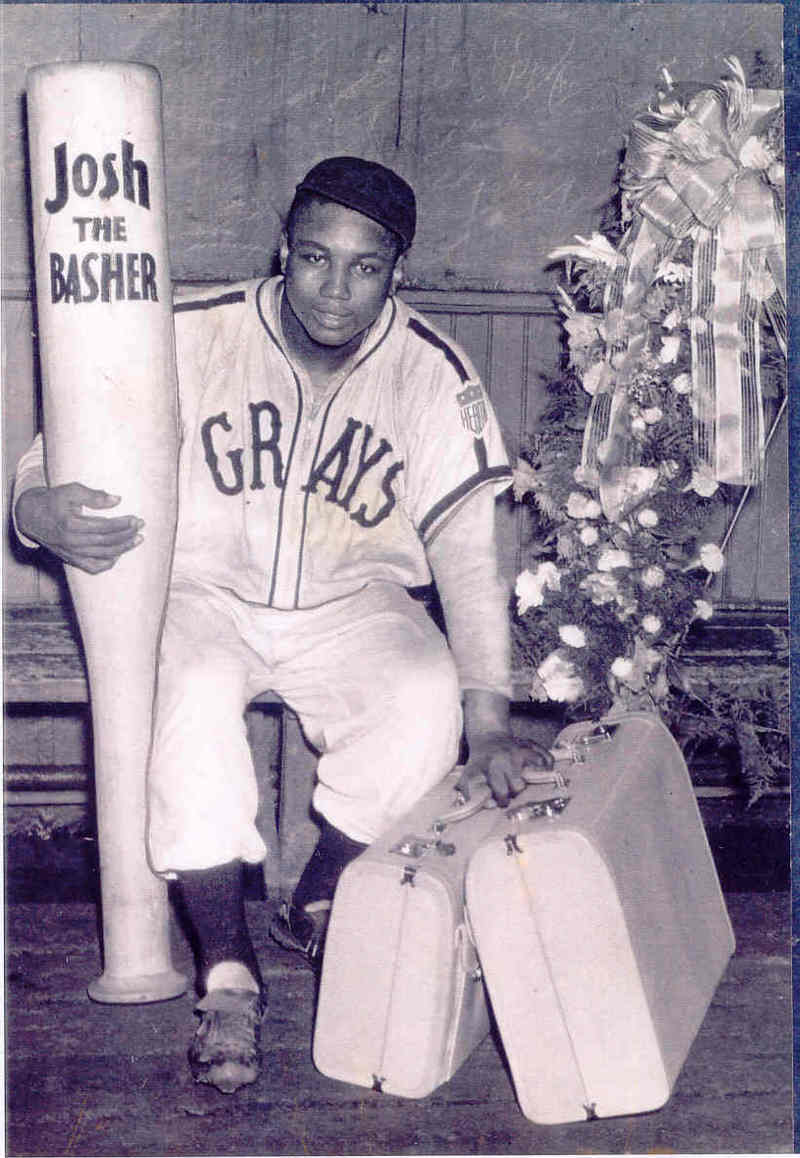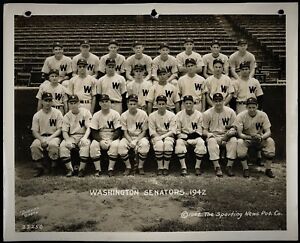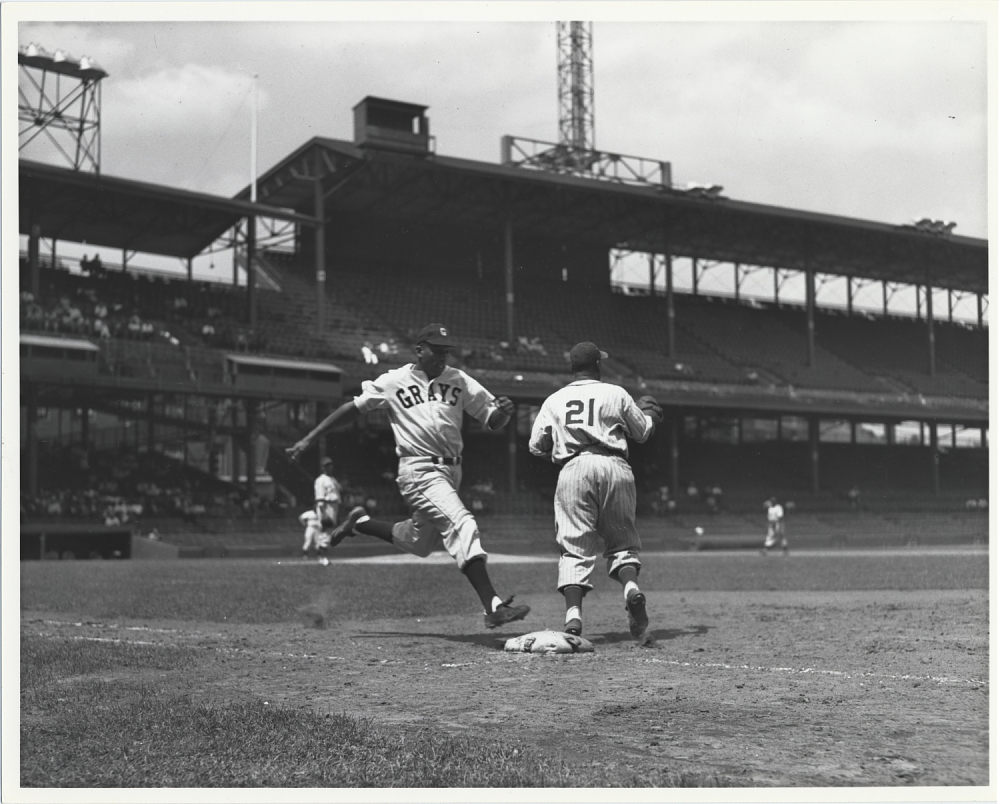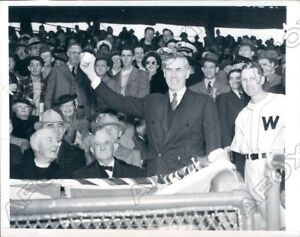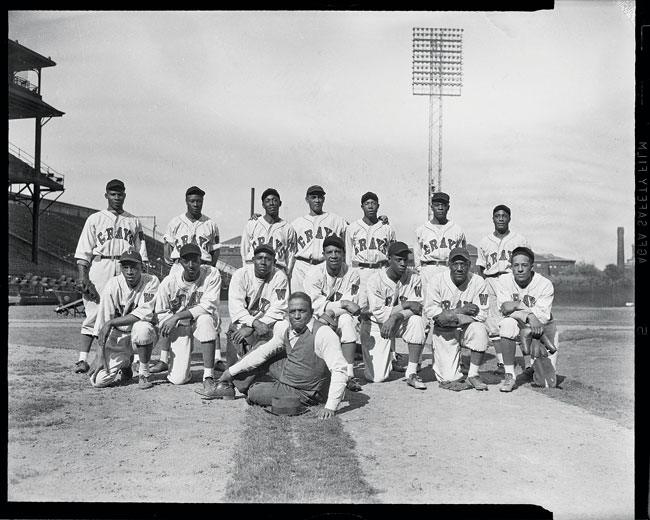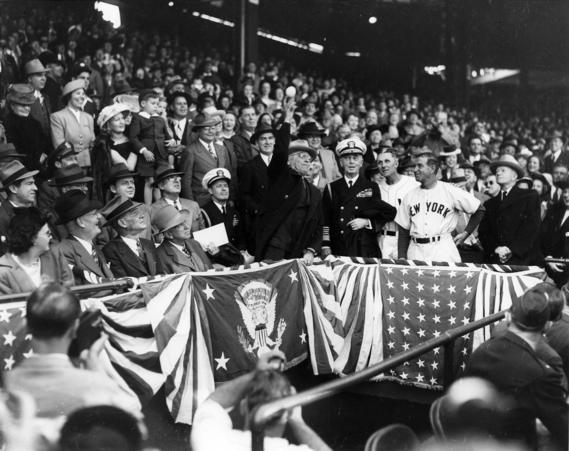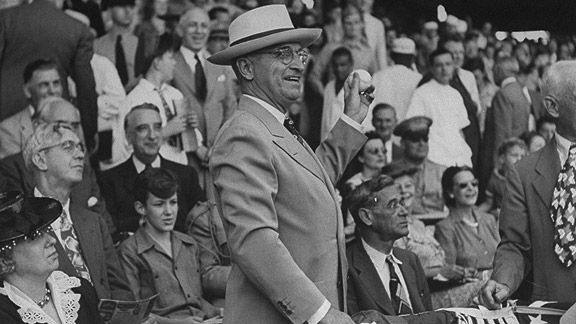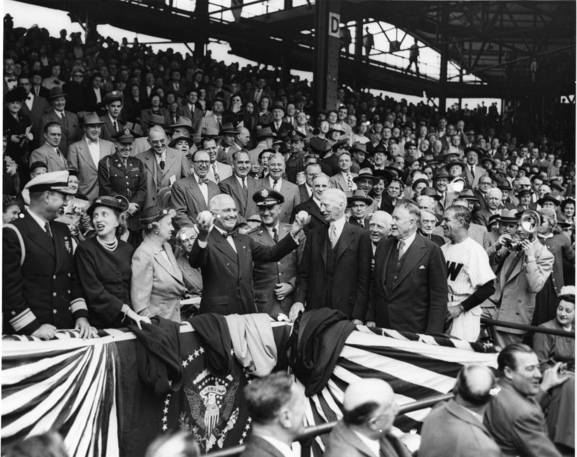On a cold and ominous Sunday, December 7, 1941, Major League Baseball’s owners were gathered in Chicago for their annual winter meetings, just two months after one of the sport’s greatest seasons. For the owners, the dramatic news of the Japanese attack on Pearl Harbor earlier that morning was not only an assault on the United States, but also a direct threat to the future of the national pastime itself.
League owners were immediately worried about the players they were likely to lose to military service, but also feared a complete shutdown of the looming 1942 season – and perhaps beyond. But with the carefully cultivated support of President Franklin D. Roosevelt, organized baseball continued uninterrupted – despite numerous calls to shut it down.
Authors David Hubler and Josh Drazen (The Nats and the Grays: How Baseball in the Nation’s Capital Survived WWII and Changed the Game Forever) join host Tim Hanlon to discuss the impact of World World II on the two major professional teams in Washington, DC – the American League’s Senators (aka Nationals), and the Negro National League’s Homestead Grays – as well as the impact of the war on big league baseball as a whole, including:
How a strong friendship between Senators owner Clark Griffith and Roosevelt kept the game alive during the war years, often in the face of strong opposition for doing so;
The continual uncertainties clubs faced as things like the military draft, national resources rationing and other wartime regulations affected both the sport and American day-to-day life; AND
The Negro Leagues’ constant struggle for recognition, solvency, and integration.
PLUS: The origin of the twi-night doubleheader!
AND: The ceremonial first-pitch ambidexterity of President Harry Truman!
Show some love for the show by making a purchase from one of our great sponsors: Streaker Sports, Old School Shirts, 503 Sports, SportsHistoryCollectibles.com, and/or Audible!

